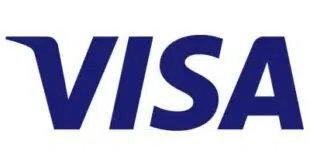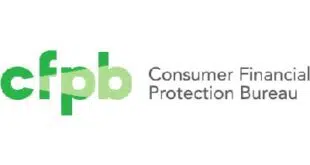n
The earliest players in the increasingly crowded market for mobile-acceptance applications were software and hardware providers like Intuit Inc., Square Inc., and VeriFone Systems Inc. Lately, though, merchant processors like North American Bancard and Heartland Payment Systems have been getting into the game.
n
Heartland, which released an Android version of its app in August, followed up last month with a version for Apple Inc.’s iPhone and other devices running iOS. The reception for this latest release among Heartland’s merchants has been strong so far, according to Michael W. English, executive director for product development at the Princeton, N.J.-based processor. “The iOS uptake has been three times that of the Android app,” he tells Digital Transactions News, without revealing actual figures. He speculates that the bulk of small businesses may simply be iPhone owners.
n
Indeed, English says Heartland isn’t interested in serving the market providers like Square have carved out among so-called citizen merchants, individuals who sometimes find themselves with a need to accept card payments. Instead, the company’s app is aimed at small merchants that have already been vetted by Heartland’s underwriters. “I don’t see us going after the 14-year-old kid who want to accept credit cards for mowing the lawn,” he says, noting the importance of underwriting to control risk. “We’re going after the traditional merchant.” Service businesses and delivery outfits are a top priority, he says.
n
This priority has helped determine the product’s features, which are aimed at organizations for which accepting payment is vital. The Heartland app, which like its rivals is available free on the Apple and Google online marketplaces, can be used with an encrypting card reader from Heartland that links to the mobile device. English says, however, that it stands apart from competing apps in its comprehensiveness, including functions like pre-authorization, voice authorizations, and gift card processing. “It’s one of the most complete, if not the most complete, on the market,” he says.
n
Transactions flow directly to Heartland, eliminating any gateway charges. Also, merchants have access to a support desk that can relay an answer within four to six seconds, English says. The app doesn’t affect merchant pricing, he says. Heartland prices transactions on a so-called interchange-plus basis, which means it passes through to merchants the interchange it pays to issuers along with a markup.
n
English says Heartland is gearing up for mobile payments in its point-of-sale terminal business as well. In June, it plans to launch a version of its E3 terminal line that will include support for Google Wallet and Isis, the two most prominent mobile-payment services. Both services rely on near-field communication (NFC) technology to allow handsets to transmit payment data to the terminal and to receive offers from merchants. Isis is a joint venture of AT&T Mobility, Verizon Wireless, and T-Mobile USA. “Mobile is going to be one of the biggest things we’ll be working on for the next few years,” English says.
n





